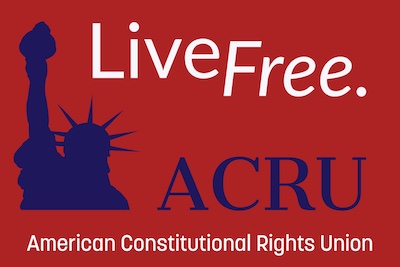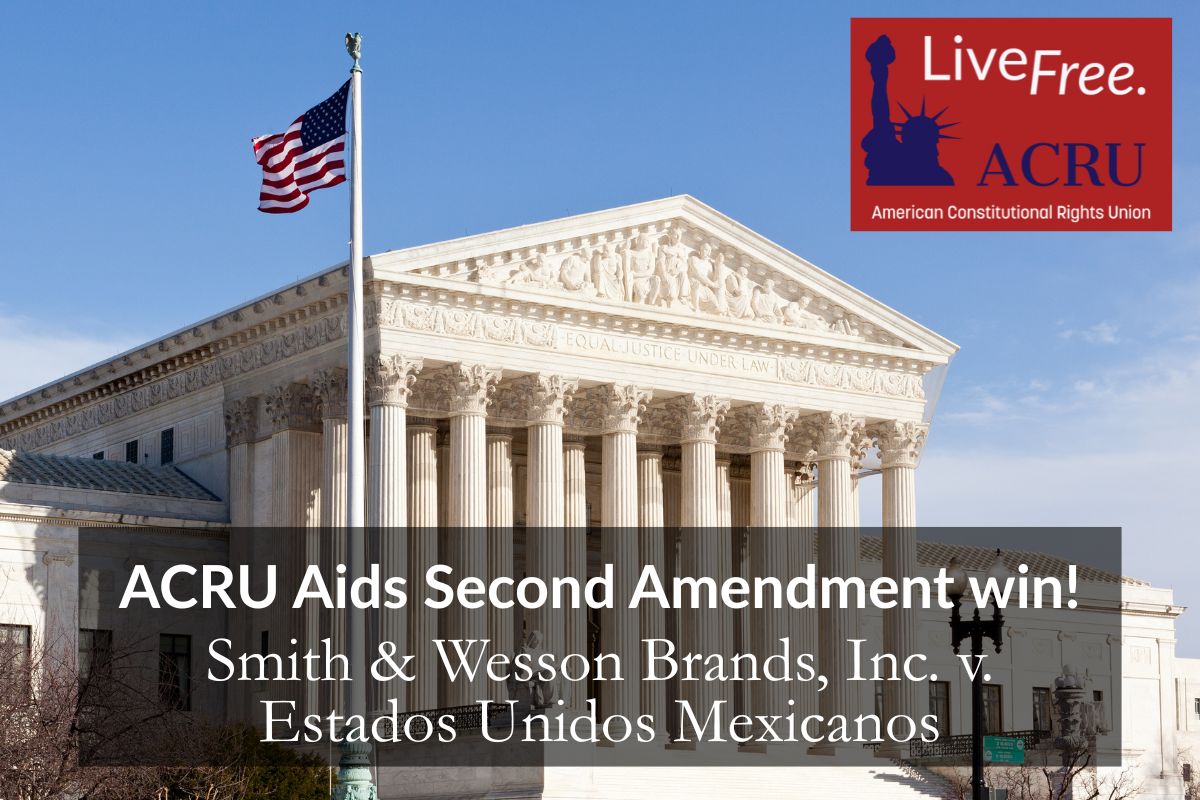In Groff v. DeJoy, the United States Supreme Court corrected a misreading of Title VII’s religious protections that had limited the rights of religious workers for years. In 1977, the Court considered the provisions of Title VII that require employers to accommodate the religious practices of their employees unless doing so would impose an “undue hardship on the employer’s business.” It said that undue hardship meant any effort or cost that was “more than … de minimis.”
As the Court explains, the de minimis language has been “oft-quoted.” Those days have come to an end. The Court held that “showing ‘more than a de minimis cost,’ as that phrase is used in common parlance, does not suffice to establish ‘undue hardship;’ under Title VII.” Instead, “’undue hardship’ is shown when a burden is substantial in the overall context of an employer’s business.” That inquiry is “fact-specific.” The Court explained, “We think it is enough to say that an employer must show that the burden of granting an accommodation would result in substantial increased costs in relation to the conduct of its particular business.”
Sabbatarian practices like Groff’s might make it necessary for other employees to work overtime or on Sundays. The Court observed, “{I]t would not be enough for an employer to conclude that forcing other employees to work overtime would constitute an undue hardship.” Moreover, hardship cannot be “attributable to employee hostility to a particular religion, to religion in general, or to the very notion of accommodating religious practice.”
The ACRU filed an amicus brief in support of Gerald Groff. In that brief, ACRU noted how, under the de minimis regime, lower courts were putting the interests of co-workers ahead of those of religious adherents. That is something that, as noted above, the Court addressed.
The Court deemed it “appropriate” to remand the case so that the “clarified Title VII undue hardship standard” would call on the lower courts to apply the “context-specific” standard “in the first instance.” So, while th Postal Service can still prevail, it has a more difficult test to meet. Groff and other seeking religious accommodations in the workplace will benefit from the Court’s rereading of Title VII.



